Valve has released the latest version of Proton Experimental, which has multiple newly supported games and a few useful bug fixes included. This is the extra special version of Proton you can try, it pulls in new features and fixes earlier to get more Windows games working on Linux desktop and Steam Deck.
As of Proton Experimental from August 19 the newly playable games include:
- Nancy Drew: Legend of the Crystal Skull.
- Re-Volt.
- Warhammer: Vermintide 2.
- Aspire: Ina's Tale.
- Battle Realms: Zen Edition.
- WARRIORS OROCHI 3 Ultimate Definitive Edition.
- OUTRIDERS.
On top of that these fixes were pulled in too:
- Fix cutscene stutter in Disgaea 5.
- Fix Thrustmaster HOTAS having non-functional dial in Elite Dangerous.
- Fix raytracing in Crysis Remastered.
- Fix Planet Zoo randomly crashing.
- Improve video playback in Dragon's Dogma: Dark Arisen.
Changelog available here. As a reminder, you now need Mesa 22 / Nvidia drivers 510.47 or newer for Proton Experimental.
Need to know how to change the Proton version used? See the below video:
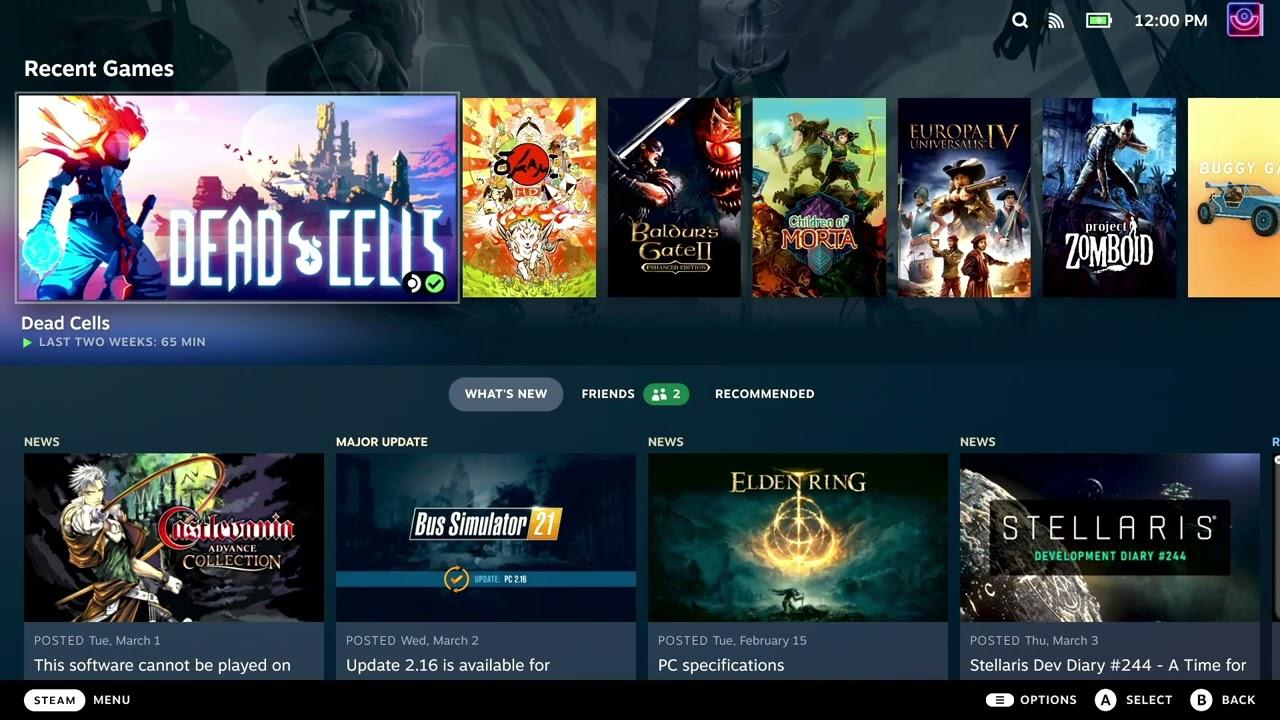
YouTube videos require cookies, you must accept their cookies to view. View cookie preferences.
Direct Link
Direct Link
Text guide (Steam Deck):
- Pick a game and head to the little COG icon on the right.
- Click Properties, then Compatibility on the left.
- Make sure the tickbox is done, then select it from the dropdown.
On a Linux desktop:
- Right click a game, go to Properties.
- Compatibility on the left.
- Make sure the tickbox is done, then select it from the dropdown.
Some you may have missed, popular articles from the last month:
All posts need to follow our rules. For users logged in: please hit the Report Flag icon on any post that breaks the rules or contains illegal / harmful content. Guest readers can email us for any issues.
Vermintide 2 works now, thought they couldn't get the EAC working correctly?
0 Likes
Vermintide 2 works now, thought they couldn't get the EAC working correctly?
That’s just what inexperienced devs say. I’m not being facetious. As someone who works in software, there are always people on the team trying to shoehorn in a fix without changing too much code. Rightly so too, any code change can introduce many bugs. However an experienced developer familiar with the code base would have no problem.
Notice that everyone has dropped the “it’s impossible to develop for Linux because of marketshare” bologna.
5 Likes
Vermintide 2 works now, thought they couldn't get the EAC working correctly?
It plays, and you can host games, but you're still kicked out if you join a game sadly. Actually, it's been working for about a fortnight, so I wonder if the latest version noted here actually fixes the "kicked when joining" problem. I'm on the Vermintide 2 steam chat about this though and no-one has mentioned it, so I guess not.
3 Likes
Notice that everyone has dropped the “it’s impossible to develop for Linux because of marketshare” bologna.That's because they think the marketshare is increasing. There's nothing contradictory there.
3 Likes
Notice that everyone has dropped the “it’s impossible to develop for Linux because of marketshare” bologna.That's because they think the marketshare is increasing. There's nothing contradictory there.
Yes I believe the last report was that marketshare had increased from 1% to 1.5%. Which is not a substantial enough increase to kill that argument. So it is contradictory.
1 Likes
increasingNotice that everyone has dropped the “it’s impossible to develop for Linux because of marketshare” bologna.That's because they think the marketshare is increasing. There's nothing contradictory there.
Yes I believe the last report was that marketshare had increased from 1% to 1.5%. Which is not a substantial enough increase to kill that argument. So it is contradictory.
Last edited by Purple Library Guy on 21 Aug 2022 at 5:37 pm UTC
1 Likes
increasingNotice that everyone has dropped the “it’s impossible to develop for Linux because of marketshare” bologna.That's because they think the marketshare is increasing. There's nothing contradictory there.
Yes I believe the last report was that marketshare had increased from 1% to 1.5%. Which is not a substantial enough increase to kill that argument. So it is contradictory.
So a market share of 1% isn’t substantial enough market to invest writing more compatible C++? But a few hundred thousand units pushing that number to 1.5% does make it worth the money?
There’s no indicator that this rise isn’t just a trend, it’s been released less that a year. So I expect someone making arguments about market share being the reason not to develop as having considered these ideas. The steam deck isn’t going to get that number up to 5% even. It’s a niche first generation device regardless of the acclaim.
IMO it was a BS argument from the start.
Last edited by itscalledreality on 21 Aug 2022 at 7:21 pm UTC
1 Likes
increasingNotice that everyone has dropped the “it’s impossible to develop for Linux because of marketshare” bologna.That's because they think the marketshare is increasing. There's nothing contradictory there.
Yes I believe the last report was that marketshare had increased from 1% to 1.5%. Which is not a substantial enough increase to kill that argument. So it is contradictory.
So a market share of 1% isn’t substantial enough market to invest writing more compatible C++? But a few hundred thousand units pushing that number to 1.5% does make it worth the money?
There’s no indicator that this rise isn’t just a trend, it’s been released less that a year. So I expect someone making arguments about market share being the reason not to develop as having considered these ideas. The steam deck isn’t going to get that number up to 5% even. It’s a niche first generation device regardless of the acclaim.
IMO it was a BS argument from the start.
You keep focusing on actual numbers when PLG was pointing out an increasing trend. Looking at the long term view, the numbers will matter more, which is why we're seeing more developers start to support the Deck.
As for the argument being BS - I don't agree, although I suppose it depends on what argument you're referring to. We're not seeing Windows developers suddenly scrambling to provide native Linux versions. Nope, all they're doing is adding Proton support to a Windows title, a much easier proposition.
Maybe you meant the argument that some developers wouldn't even provide Proton "support", perhaps citing support and QA costs? In which case, yeah, I agree.
1 Likes
Seeing Re-Volt in that list is kinda crazy. I've just been using RvGl.
Seeing Re-Volt in that list is kinda crazy. I've just been using RvGl.Unfortunately that's not the 1999 racer we thought it was, the one on Steam is a completely different game under the same name. It's on GOG though
0 Likes
Seeing Re-Volt in that list is kinda crazy. I've just been using RvGl.Unfortunately that's not the 1999 racer we thought it was, the one on Steam is a completely different game under the same name. It's on GOG though
The one on Steam is a pretty faithful attempt to remake of the 1999 classic. This one. What one are you referring to?
That said, the Steam game gets terrible reviews, and the company behind it (Superday) is apparently (?) into NFTs and will be introducing them to the next version of their game? No idea if that's true though.
If you want the real Re-volt experience, I think the best option is probably be heading to this fan-made remake, RVGL. It's not open-source, but uses a lot of open-source tech.
0 Likes
increasingNotice that everyone has dropped the “it’s impossible to develop for Linux because of marketshare” bologna.That's because they think the marketshare is increasing. There's nothing contradictory there.
Yes I believe the last report was that marketshare had increased from 1% to 1.5%. Which is not a substantial enough increase to kill that argument. So it is contradictory.
So a market share of 1% isn’t substantial enough market to invest writing more compatible C++? But a few hundred thousand units pushing that number to 1.5% does make it worth the money?
There’s no indicator that this rise isn’t just a trend, it’s been released less that a year. So I expect someone making arguments about market share being the reason not to develop as having considered these ideas. The steam deck isn’t going to get that number up to 5% even. It’s a niche first generation device regardless of the acclaim.
IMO it was a BS argument from the start.
You keep focusing on actual numbers when PLG was pointing out an increasing trend. Looking at the long term view, the numbers will matter more, which is why we're seeing more developers start to support the Deck.
As for the argument being BS - I don't agree, although I suppose it depends on what argument you're referring to. We're not seeing Windows developers suddenly scrambling to provide native Linux versions. Nope, all they're doing is adding Proton support to a Windows title, a much easier proposition.
Maybe you meant the argument that some developers wouldn't even provide Proton "support", perhaps citing support and QA costs? In which case, yeah, I agree.
Yes and I keep making the point because it’s amount of time increasing isn’t long enough to say “actually Linux has good market share now”. Instead developers are just turning and developing. Whether it was native or proton support the argument was one of market observations by non-specialists, not facts.
1 Likes
increasingNotice that everyone has dropped the “it’s impossible to develop for Linux because of marketshare” bologna.That's because they think the marketshare is increasing. There's nothing contradictory there.
Yes I believe the last report was that marketshare had increased from 1% to 1.5%. Which is not a substantial enough increase to kill that argument. So it is contradictory.
So a market share of 1% isn’t substantial enough market to invest writing more compatible C++? But a few hundred thousand units pushing that number to 1.5% does make it worth the money?
There’s no indicator that this rise isn’t just a trend, it’s been released less that a year. So I expect someone making arguments about market share being the reason not to develop as having considered these ideas. The steam deck isn’t going to get that number up to 5% even. It’s a niche first generation device regardless of the acclaim.
IMO it was a BS argument from the start.
You keep focusing on actual numbers when PLG was pointing out an increasing trend. Looking at the long term view, the numbers will matter more, which is why we're seeing more developers start to support the Deck.
As for the argument being BS - I don't agree, although I suppose it depends on what argument you're referring to. We're not seeing Windows developers suddenly scrambling to provide native Linux versions. Nope, all they're doing is adding Proton support to a Windows title, a much easier proposition.
Maybe you meant the argument that some developers wouldn't even provide Proton "support", perhaps citing support and QA costs? In which case, yeah, I agree.
Yes and I keep making the point because it’s amount of time increasing isn’t long enough to say “actually Linux has good market share now”. Instead developers are just turning and developing. Whether it was native or proton support the argument was one of market observations by non-specialists, not facts.
They can see the writing on the wall, the direction of travel. It's their livelihood, after all!
1 Likes
Targeting Proton gets easier as Valve lowers the cost of adoption hurdle and WINE core keeps improving. Jumping through a lot of hoops isn't worth the hassle, but hopping over a few low hurdles is a lot more attractive. Developers aren't going to target "native Linux" (which isn't a real thing anyways), they're going to continue Windows development but might be willing to do so in a Proton friendly manner so they can get that sweet "Steam Deck Compatible/Verified" tag on their game. So yeah, if a studio/publisher sees platform numbers increasing and the difficulty in compatibility going down, then why wouldn't they if it's cost effective.
1 Likes
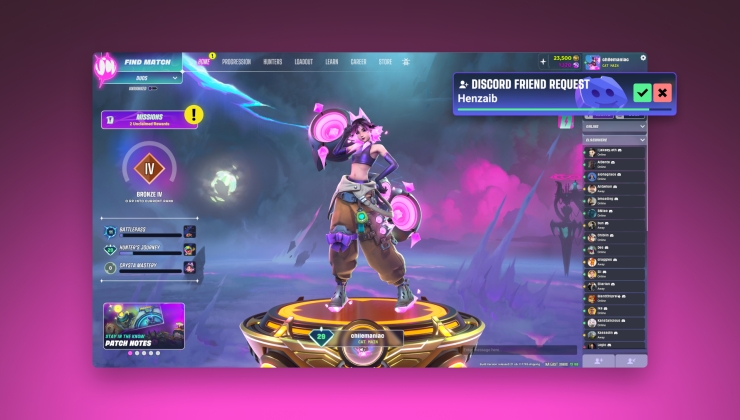
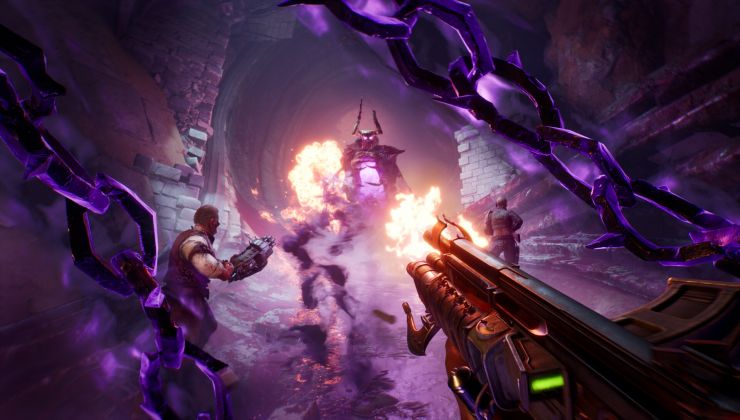
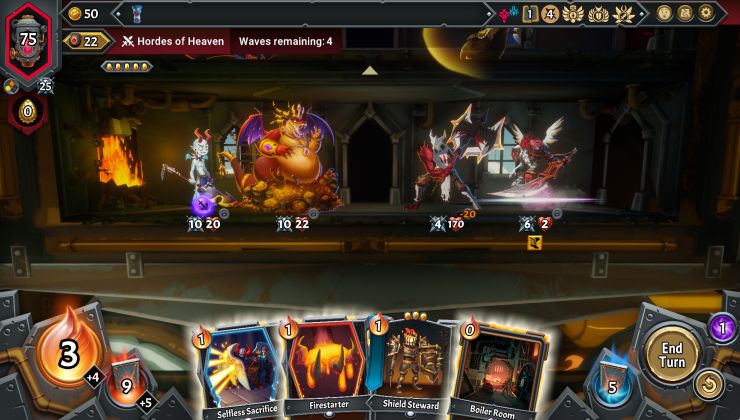
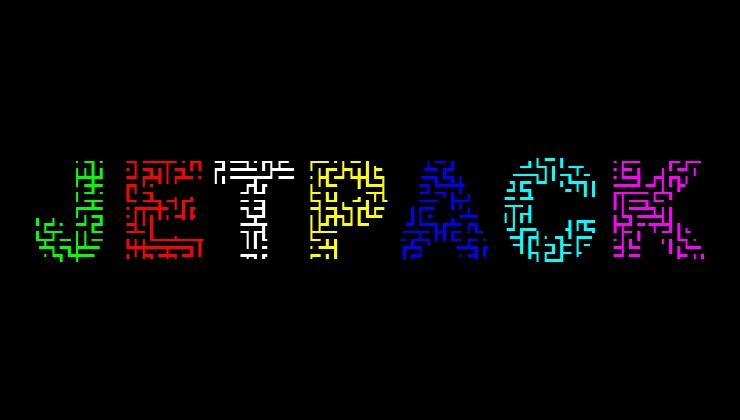


 How to set, change and reset your SteamOS / Steam Deck desktop sudo password
How to set, change and reset your SteamOS / Steam Deck desktop sudo password How to set up Decky Loader on Steam Deck / SteamOS for easy plugins
How to set up Decky Loader on Steam Deck / SteamOS for easy plugins
See more from me